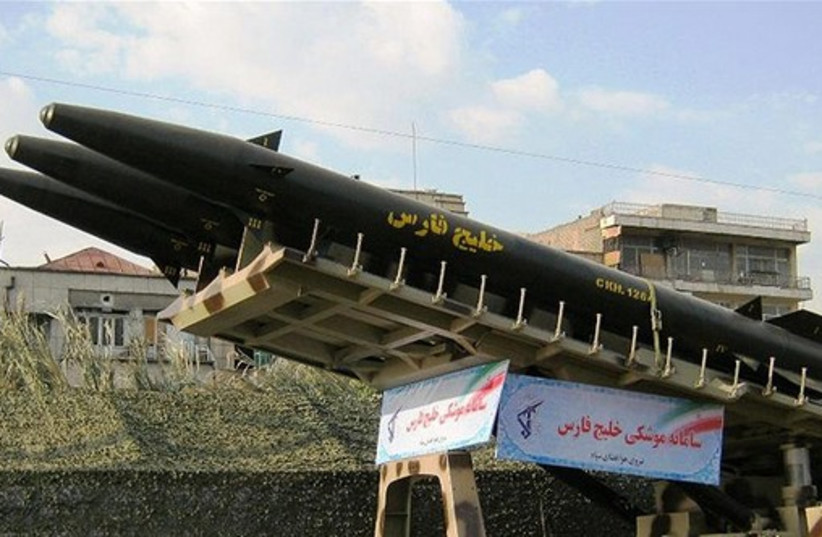SETH J. FRANTZMAN
Oman’s support for the Bahrain-Israel deal is not entirely surprising since it was Oman that was the original trial balloon in 2018 welcoming Israeli Prime Minister Benjamin Netanyahu. Oman’s wording of its support argues that the Bahrain step to normalize relations is linked to achieving peace by ending Israel’s occupation in the West Bank and establishing a Palestinian capital in east Jerusalem. Al-Ain and other Gulf media emphasized this point.
The goal of Oman over the last two years has been to help pave the way for countries to be more open to Israel. This was clear in 2018 and early 2019 as Oman stressed this point in forums such as Manama during the Manama Dialogue meeting in 2019. Oman also pushed this point again in Jordan at a meeting near the Dead Sea. The concept was to welcome Israel’s integration into the region. Bahrain has made this point as well.
However Oman has also been traditionally closer to Iran, serving as a kind of neutral state. It is not close to Turkey though, which is important for Riyadh and Abu Dhabi. Thus Oman plays a unique role. Its openness to Israel was well received in Washington in the lead-up and aftermath of the 2018 Netanyahu trip. In 2020, Oman went through a leadership change when Sultan Qaboos died. A new foreign minister was named in mid-August. Some believed that winds of change might make Oman less open to Israel. But the recent statement signals the opposite.
What’s important here is the growing consensus in these statements of an emerging Gulf paradigm on Israel and normalization. Praising the deal is now becoming a natural and encouraged part of the public statements of the alliance system anchored in Riyadh. This includes the statements by Egypt’s leader Abdel Fattah al-Sisi and also Oman.
The Gulf countries view these statements as important and it would be wrong to interpret them as merely happenstance or random. The slow march of statements, the appearance of consensus and the attempts by regional media, such as Al-Arabiya, The National, Al-Ain or Al-Jarida or others to position the statements side-by-side to illustrate the consensus next to articles about “European nations welcome Bahrain peace deal,” are part of the signs. That is why Al-Arabiya today has articles in which Bahrain has rejected Iranian interference in the region along with how the US is concerned about Turkey’s role in the Mediterranean and how Egyptian-backed Khalifa Haftar in Libya is open to working with the US now on energy issues. That is why each of the major media has articles highlighting Turkey’s abuses, attacks protesters and the chaos spread by Ankara, alongside these kinds of statements welcoming normalization.
The rhetoric and image is clear. Iran and Turkey are spreading chaos. The Gulf countries are working on stability and consensus with Israel towards a deal that will, in the end, also end up with better measures for the Palestinians. What have Iran and Turkey achieved for the Palestinian through their support for Hamas or extremism, is the subconscious question being asked, and also answered. The answer appears to be that they achieved nothing and that the Gulf states can justify their continued march towards greater relations with Israel in full knowledge that Iran and Turkey, which oppose normalization, have gained little via their rhetoric. The support for the deal also cushions each country, leading to a feed-back loop of self-fulfilling prophecy that this is the right road to take. For now that is the message. Because most of the media in the Gulf reflects the views of the countries it is based in, it is not a great secret what is being pushed quietly from above, what is embraced and what are the concerns.
cnxps.cmd.push(function () { cnxps({ playerId: ’36af7c51-0caf-4741-9824-2c941fc6c17b’ }).render(‘4c4d856e0e6f4e3d808bbc1715e132f6’); });
